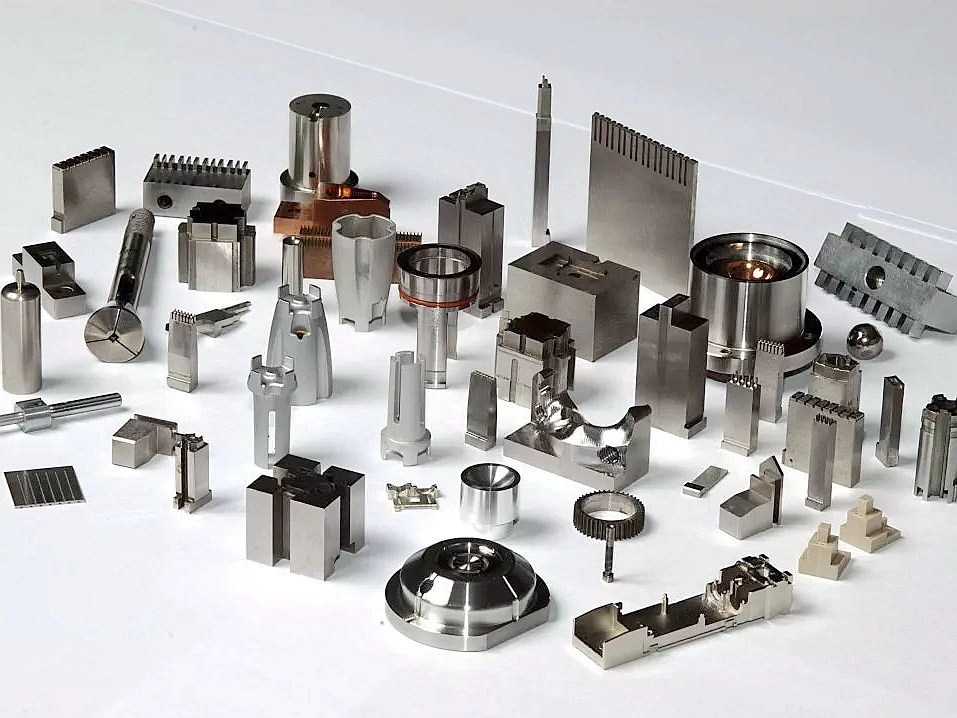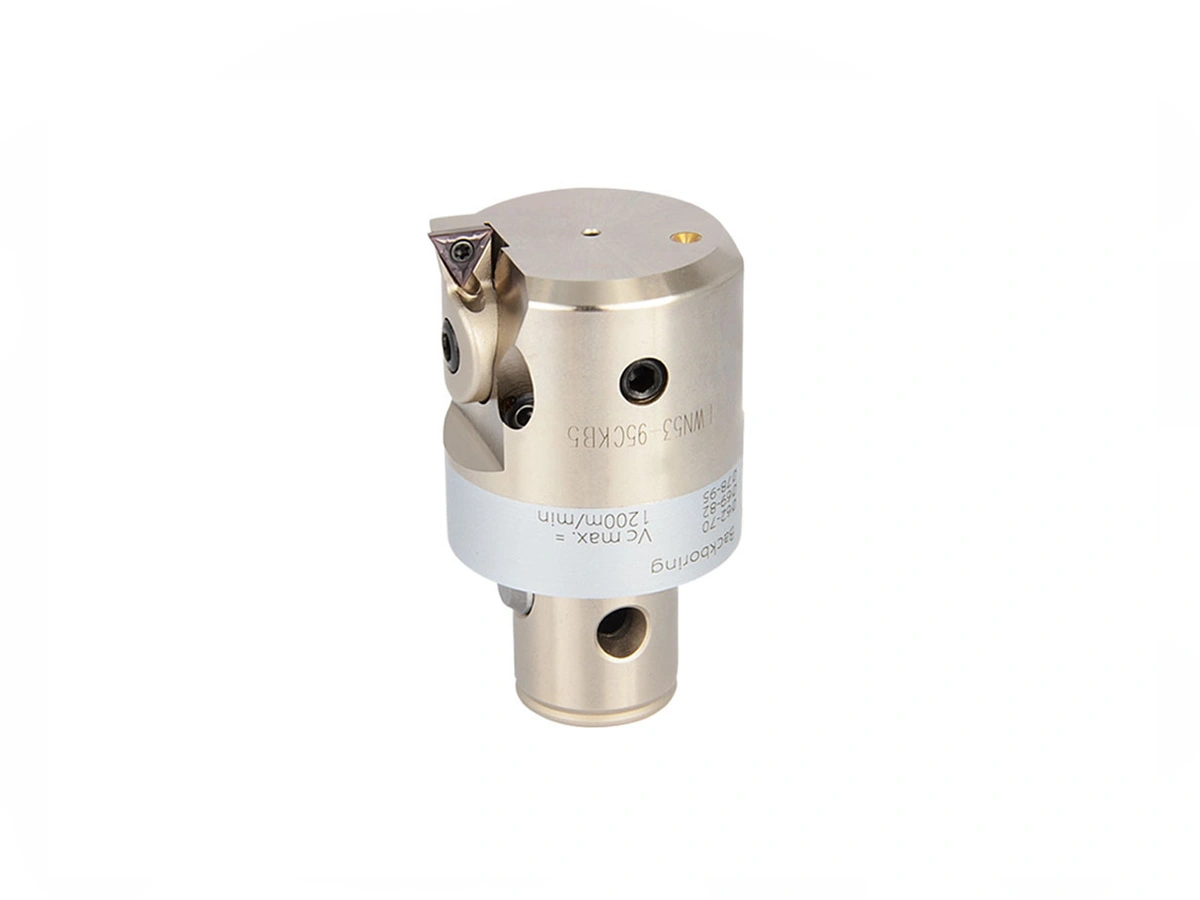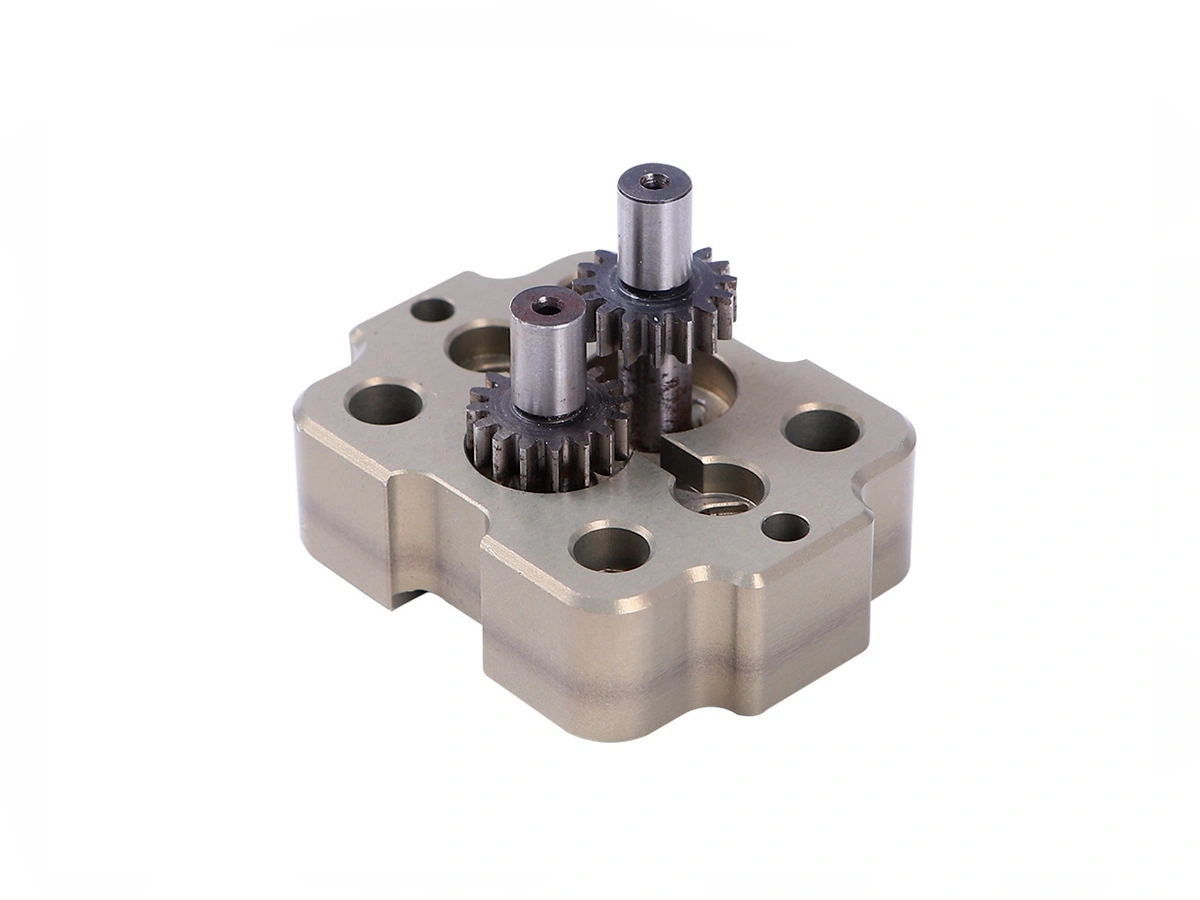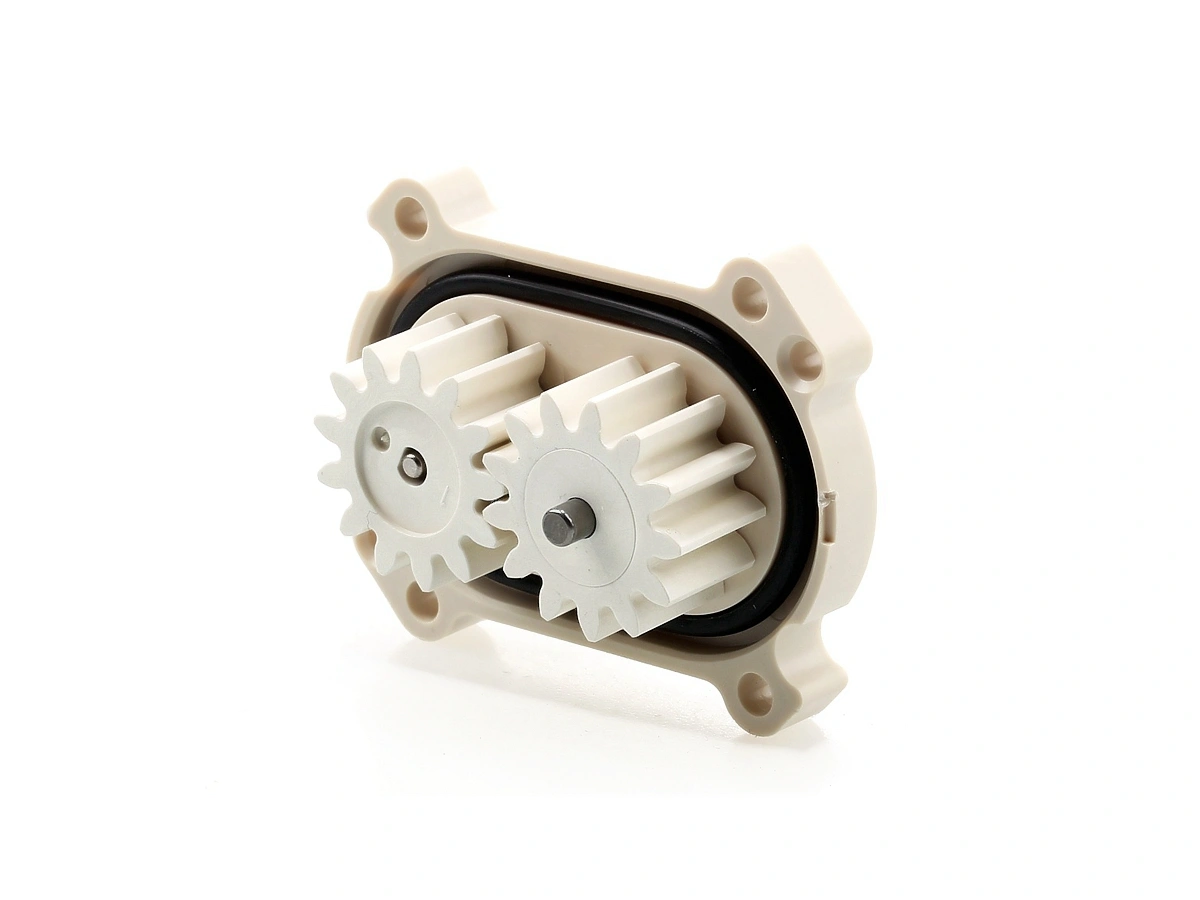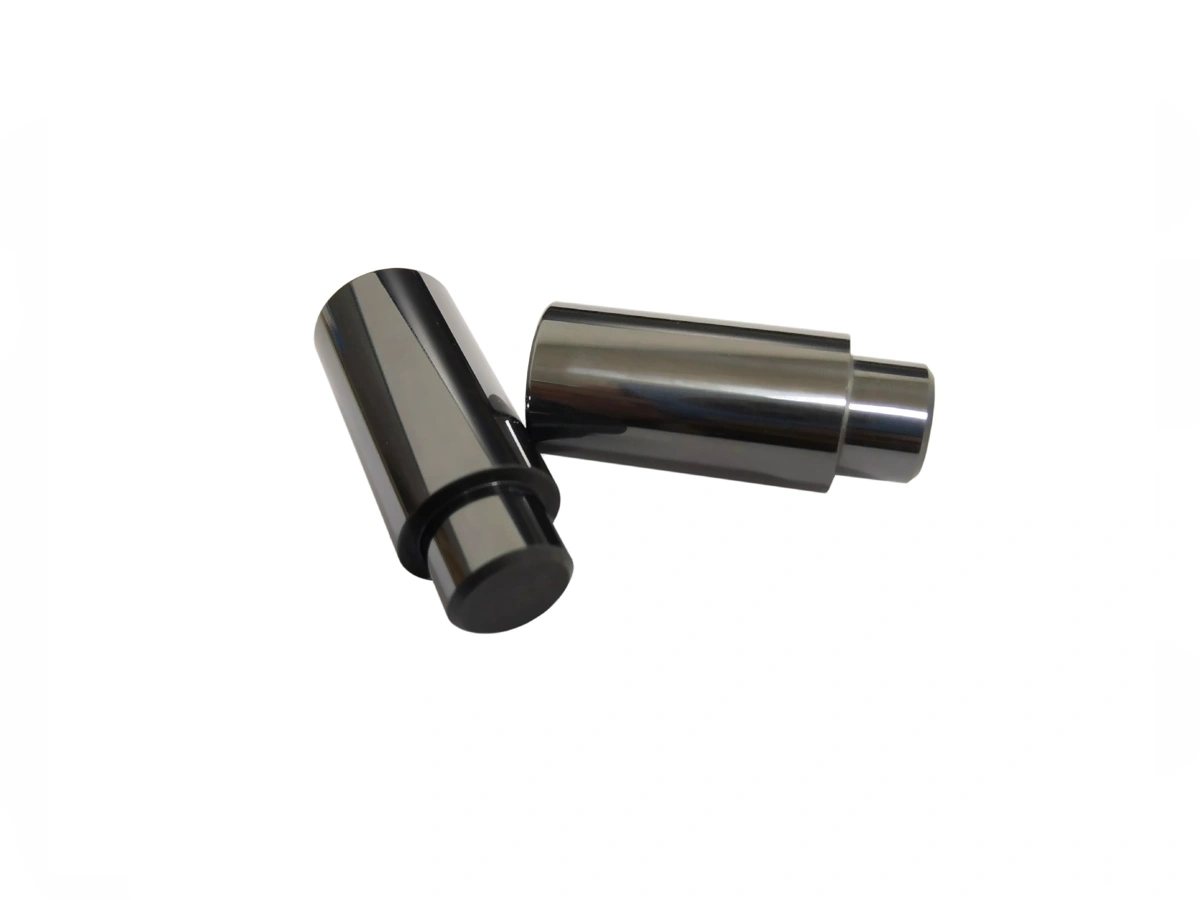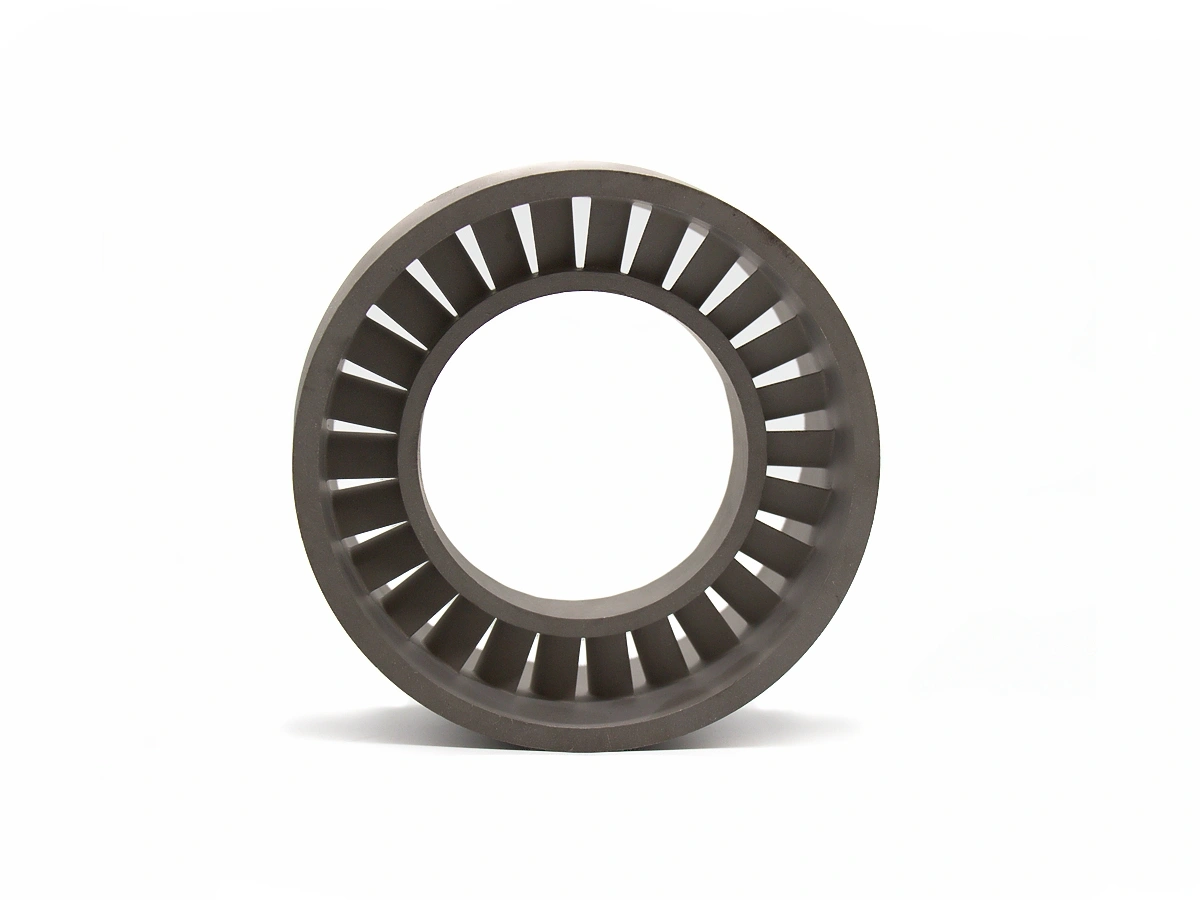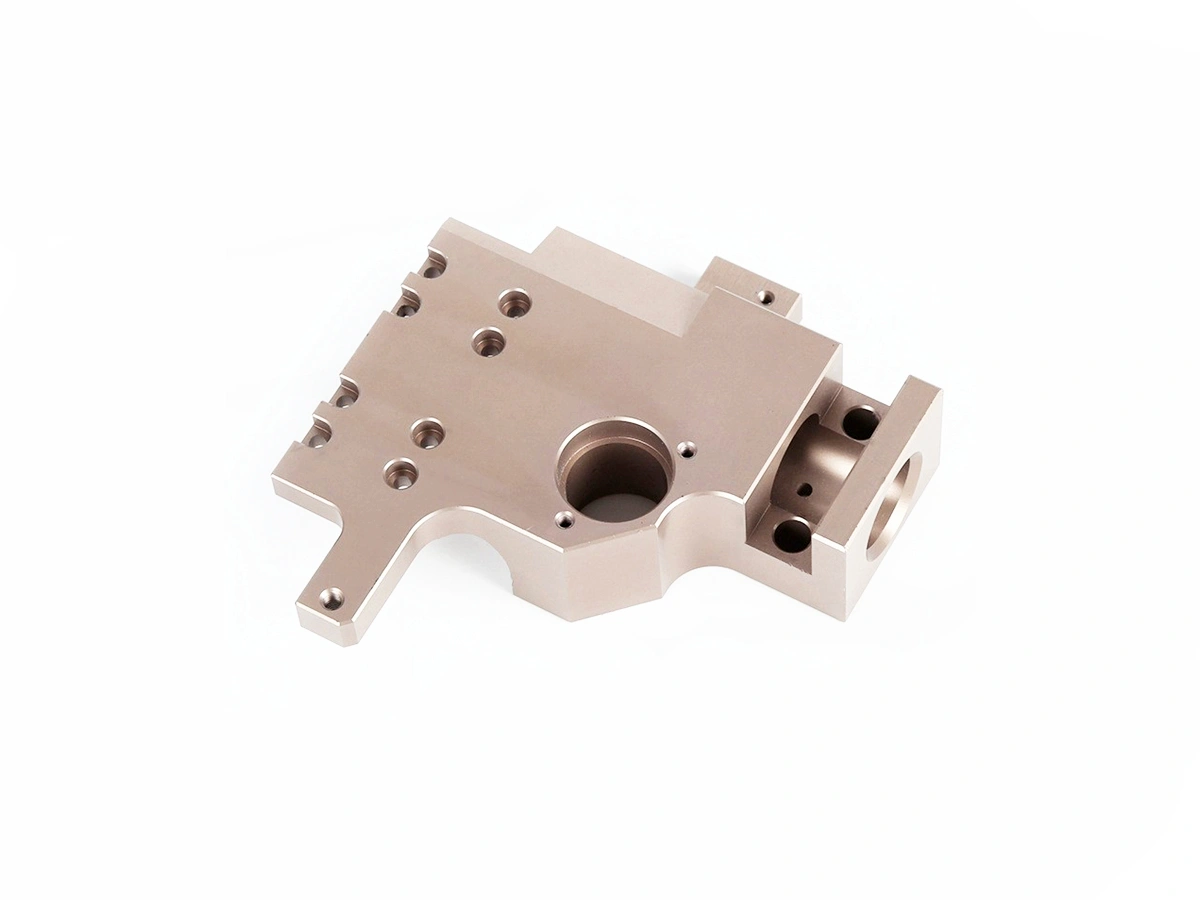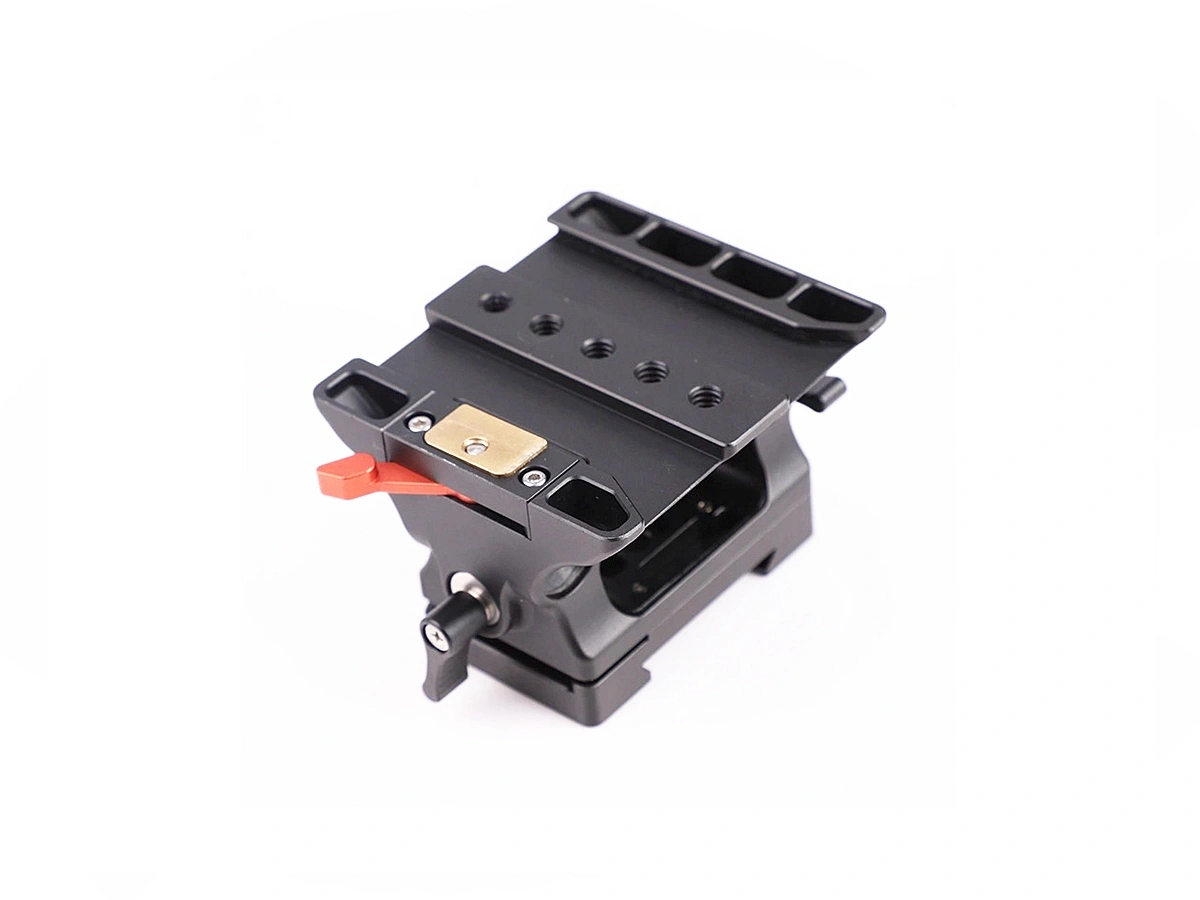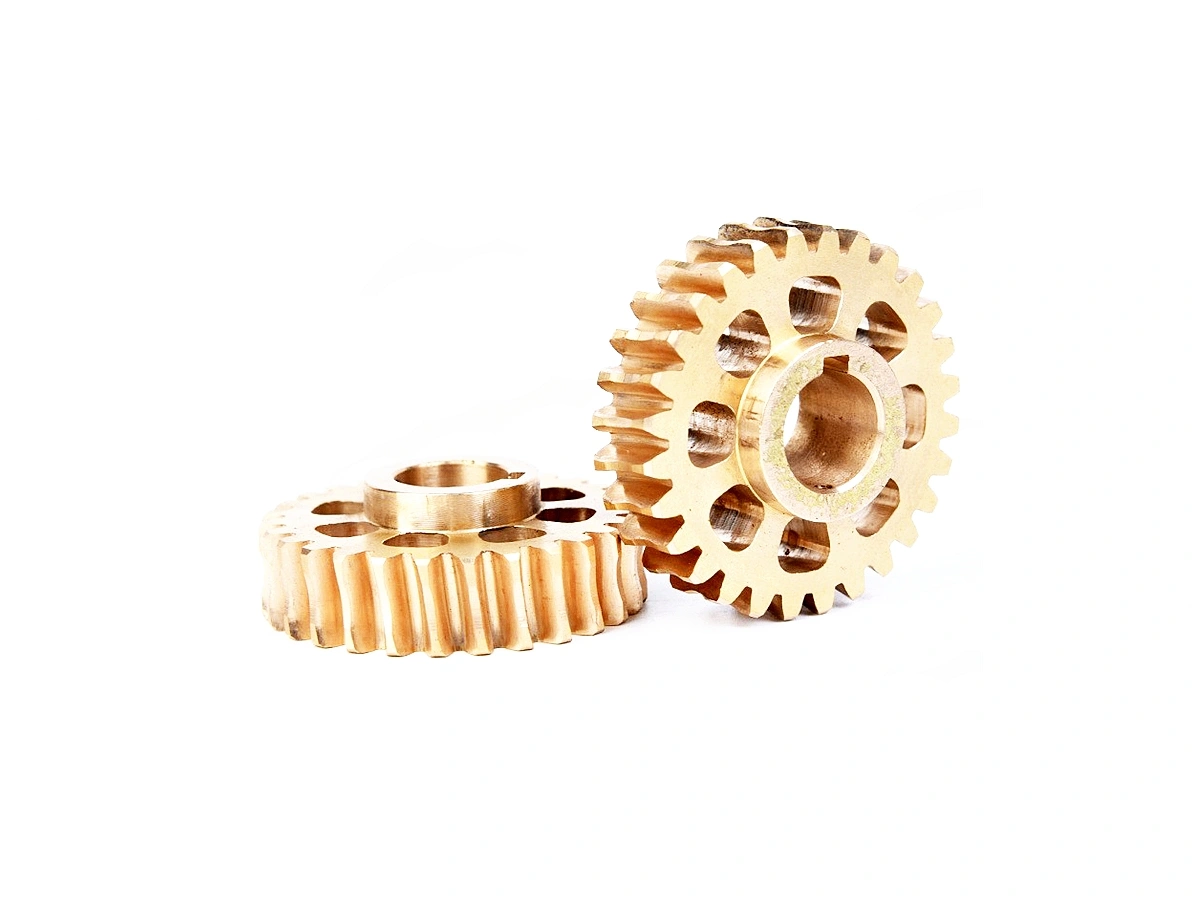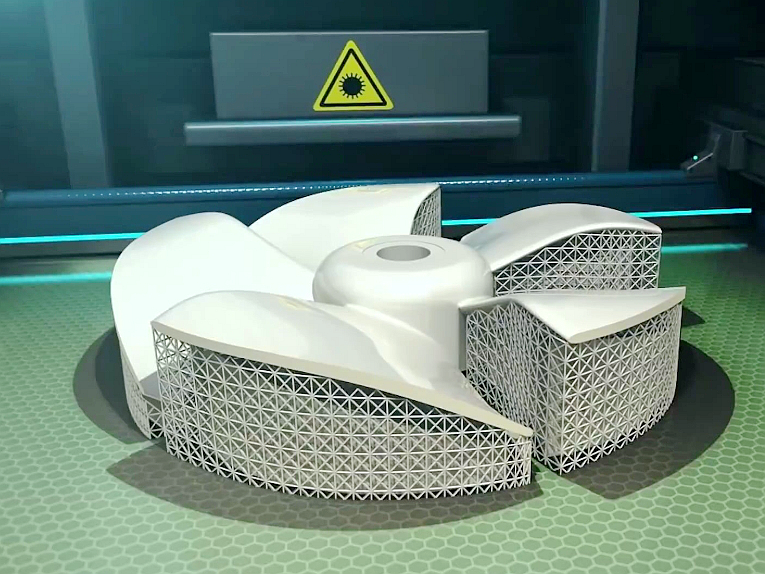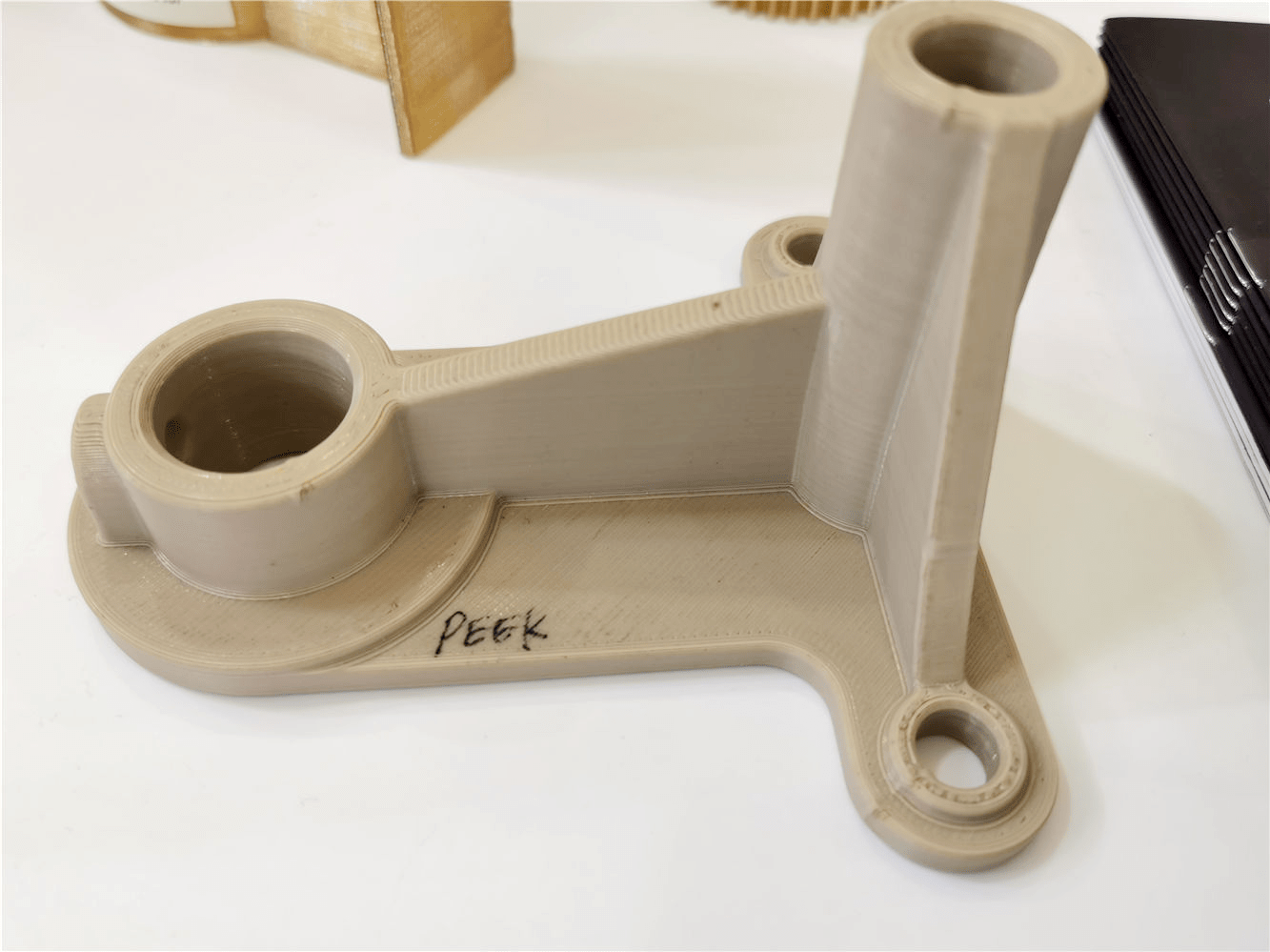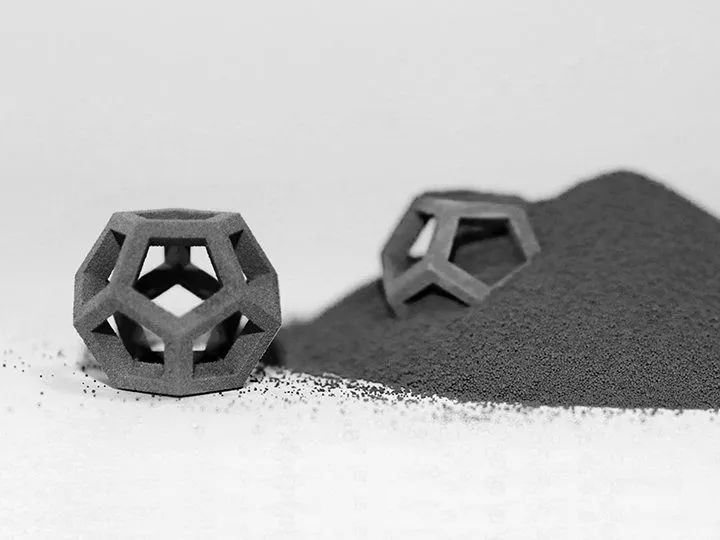Custom Parts One Stop Manufacturing Service
Custom CNC machining for mass production offers high precision, repeatability, and scalability. It reduces lead times, minimizes material waste, and ensures consistent quality. Ideal for complex geometries, it supports cost-effective manufacturing while maintaining tight tolerances for large volumes.
- Prototyping : 3D Printing, Machining Prototyping, Molding Prototyping
- Production : Low Volume Manufacturing, Mass Production
- Surface Treatment
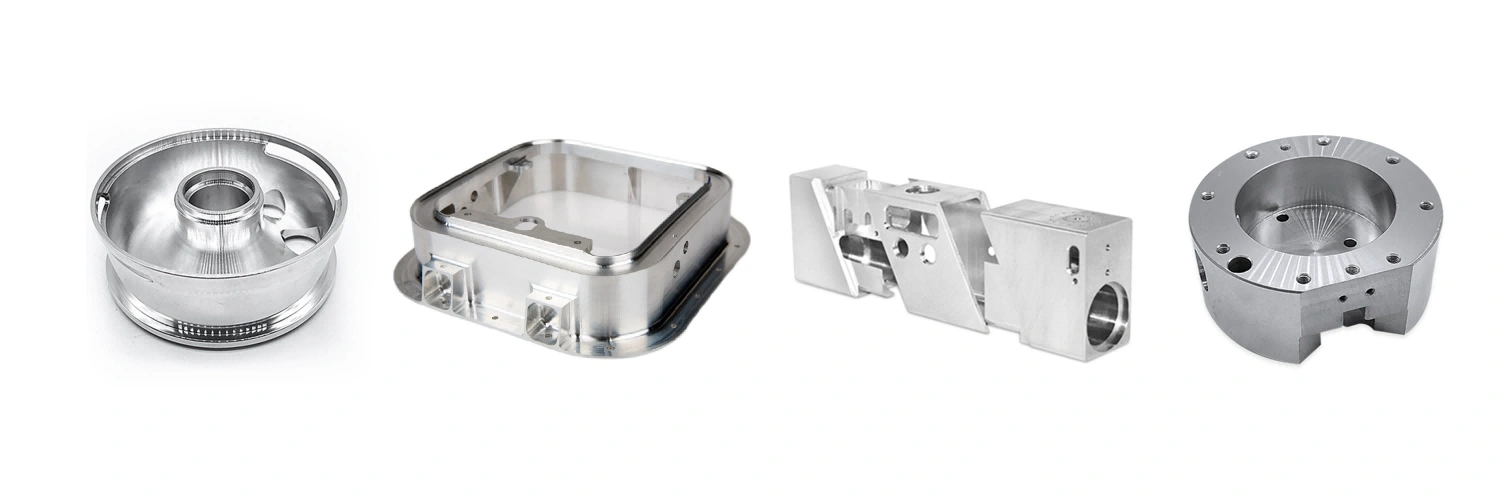
Send us your designs and specifications for a free quotation
All uploaded files are secure and confidential
What Is One Stop CNC Machining Service?
A one-stop CNC machining service offers convenience by providing end-to-end solutions, including design, prototyping, manufacturing, and finishing. It reduces lead times, lowers costs, ensures consistency, and streamlines communication, making it ideal for businesses seeking efficiency and quality.
Surface Treatment for CNC Machined Parts
Surface treatment for CNC machined parts enhances performance, durability, and aesthetics. Common processes include polishing, which smooths surfaces for a shiny finish; anodizing, which increases corrosion resistance, especially for aluminum; and powder coating, providing a durable, decorative layer. Electropolishing improves smoothness and corrosion resistance, while passivation creates a protective oxide layer on stainless steel. PVD and electroplating offer decorative and functional coatings, such as gold or chrome. Other treatments like sandblasting, brushing, and black oxide improve surface texture, while heat treatment strengthens the material. These treatments optimize parts for specific industrial applications.
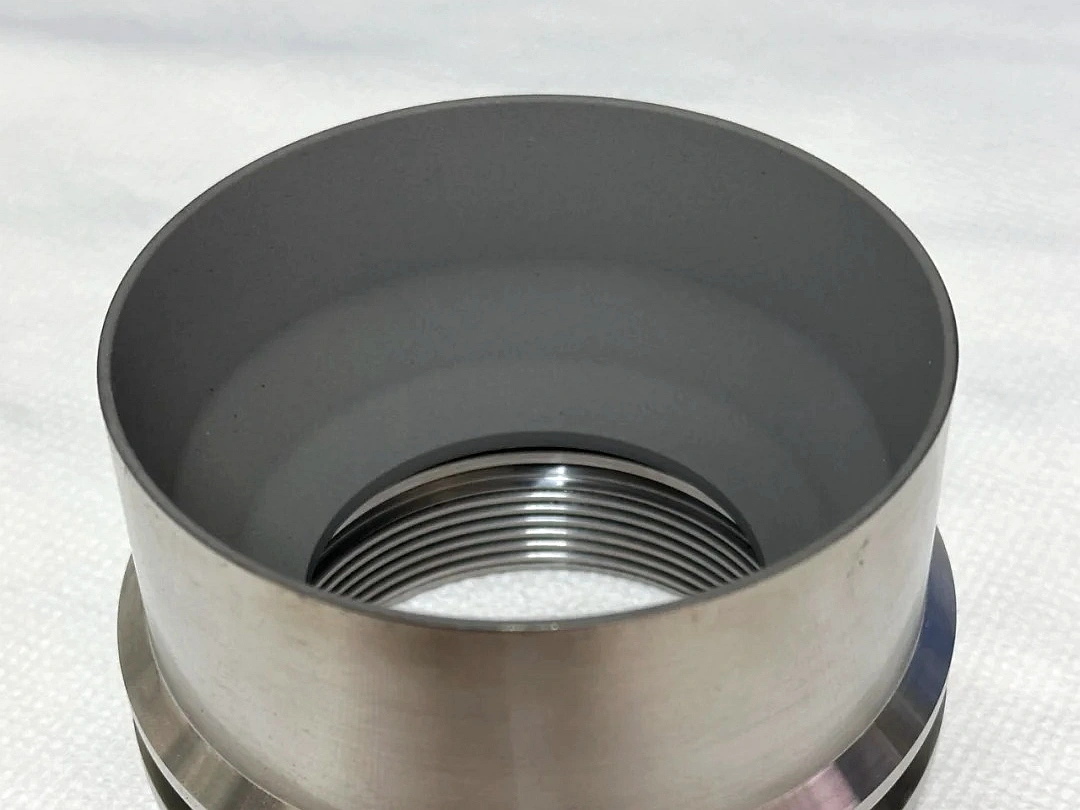
Learn More
Thermal Coating
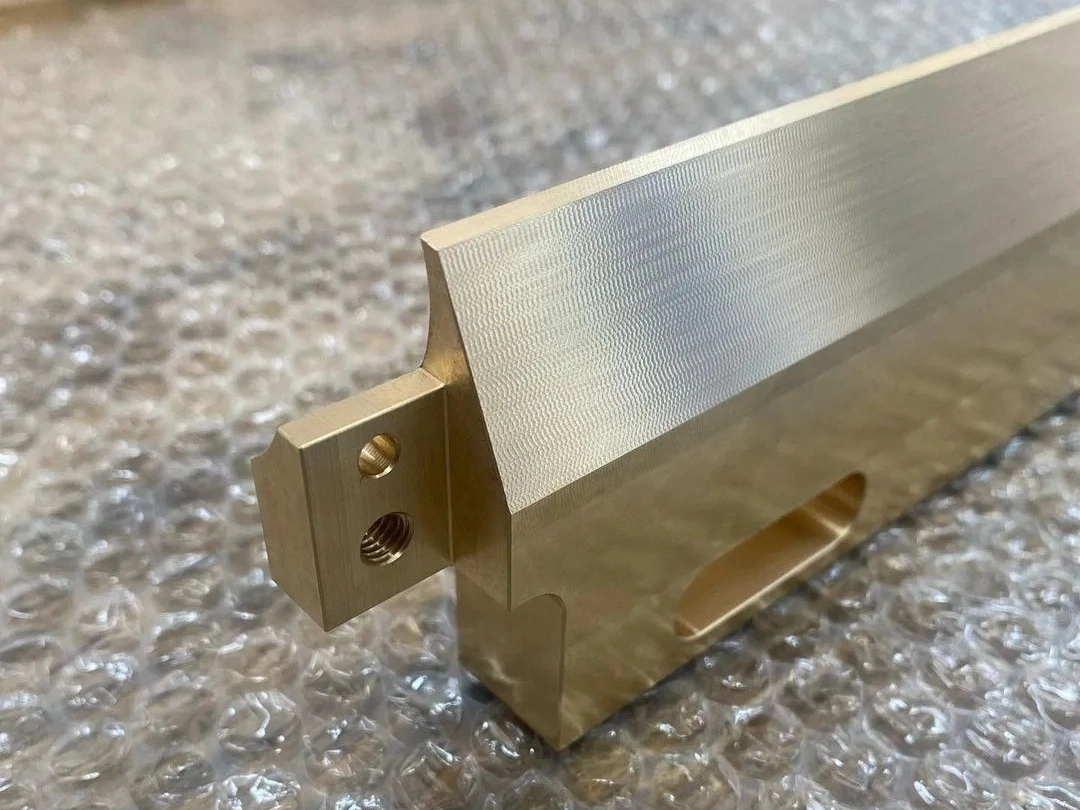
Learn More
As Machined
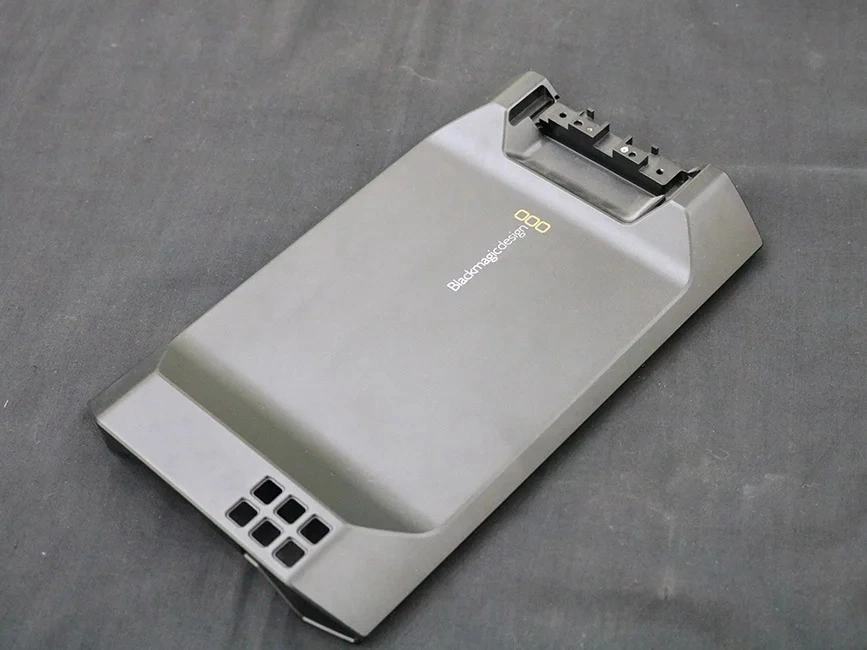
Learn More
Painting
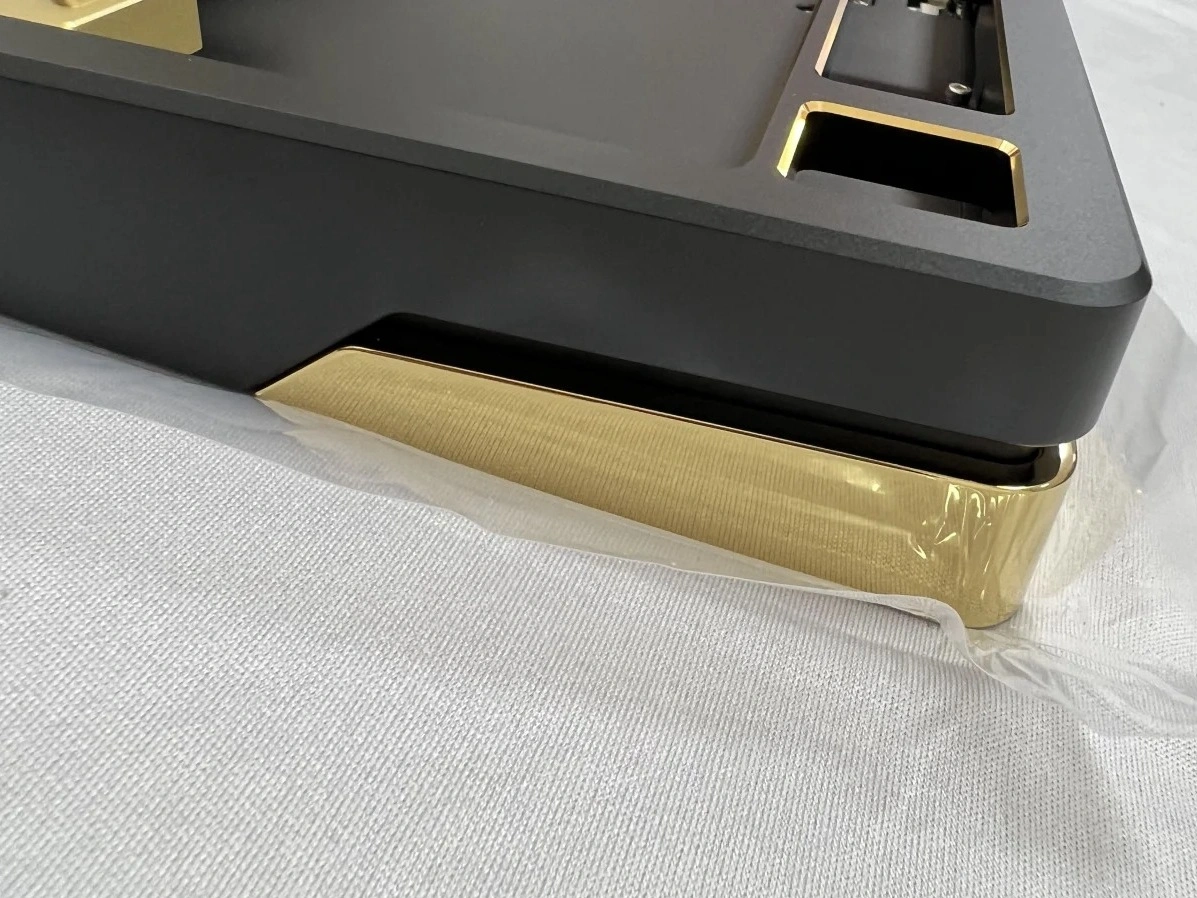
Learn More
PVD (Physical Vapor Deposition)
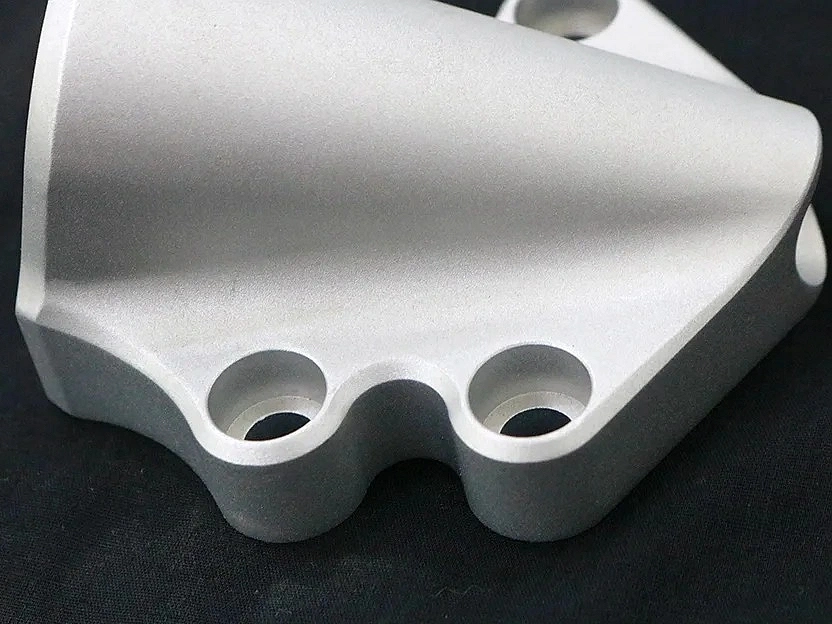
Learn More
Sandblasting
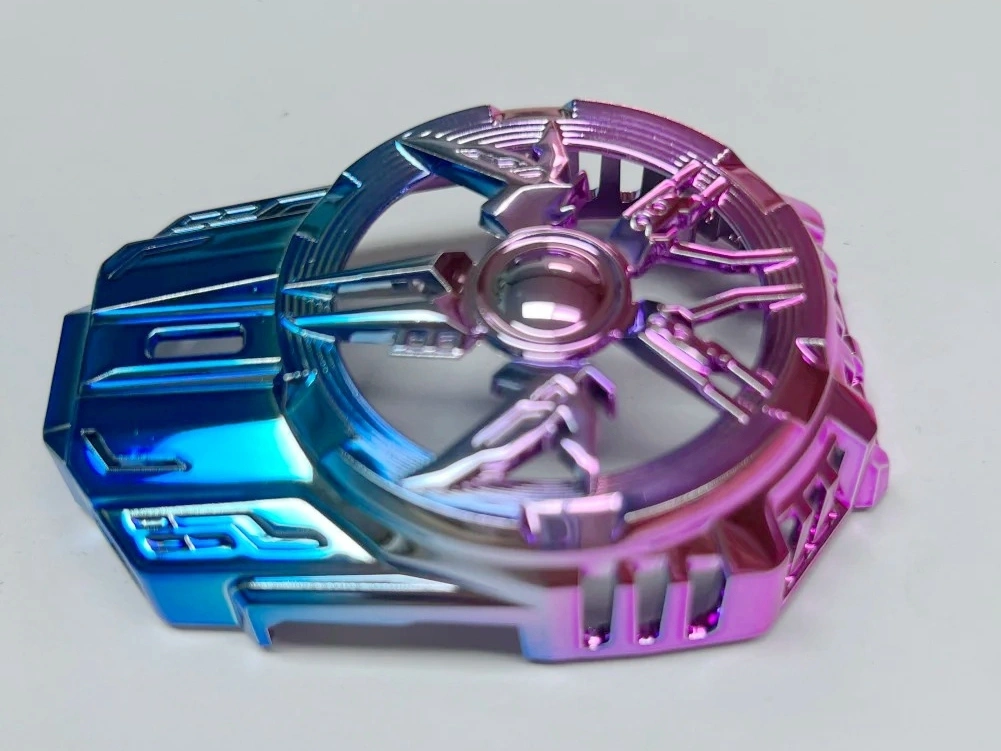
Learn More
Electroplating

Learn More
Polishing
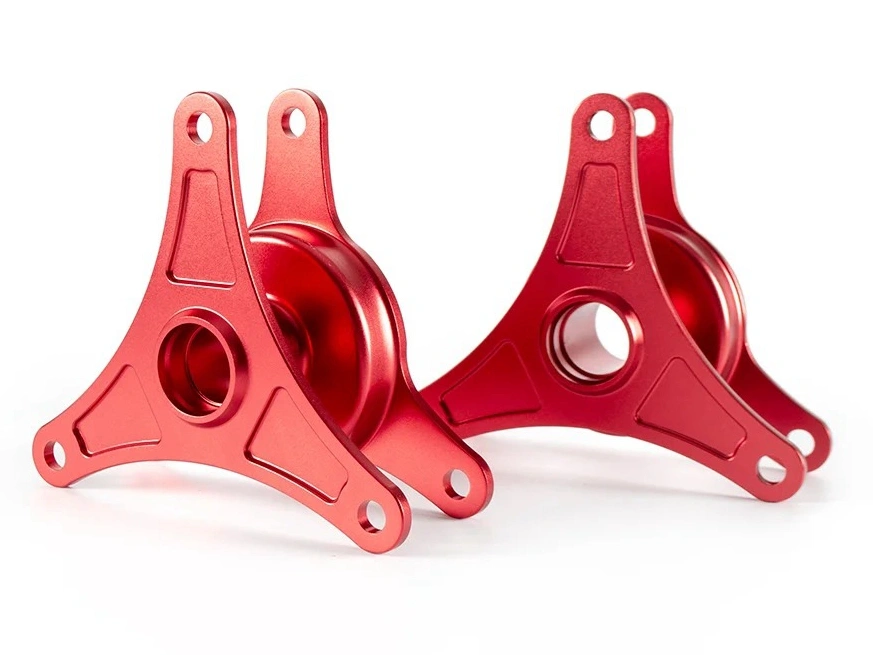
Learn More
Anodizing
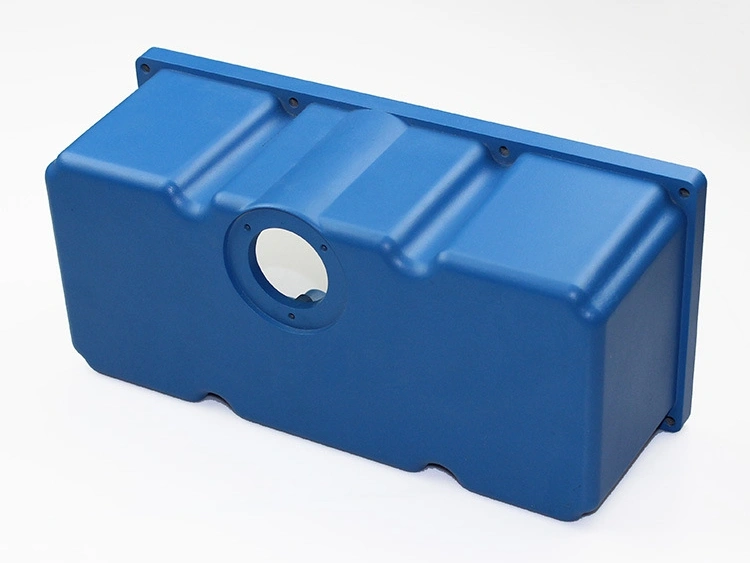
Learn More
Powder Coating
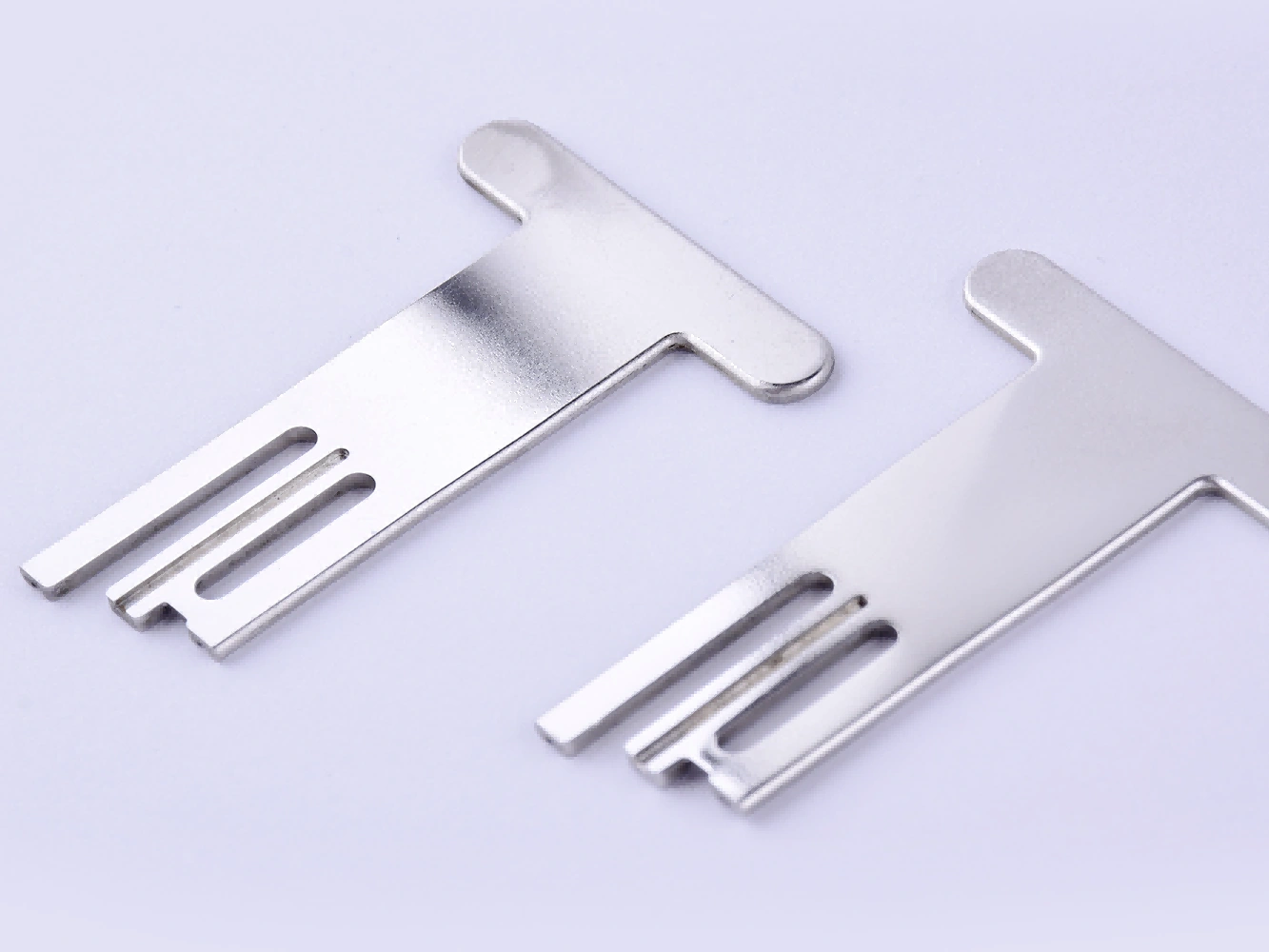
Learn More
Electropolishing
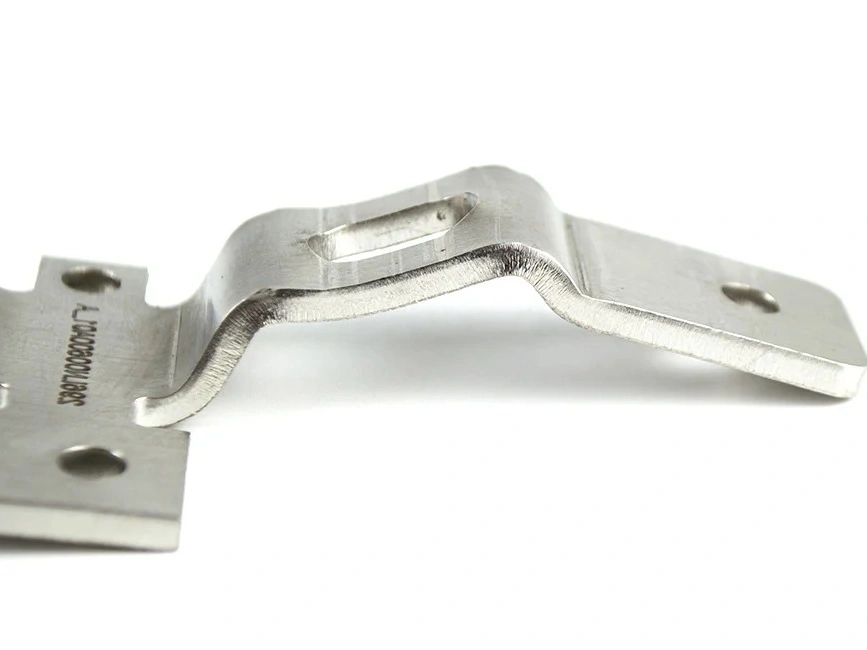
Learn More
Passivation
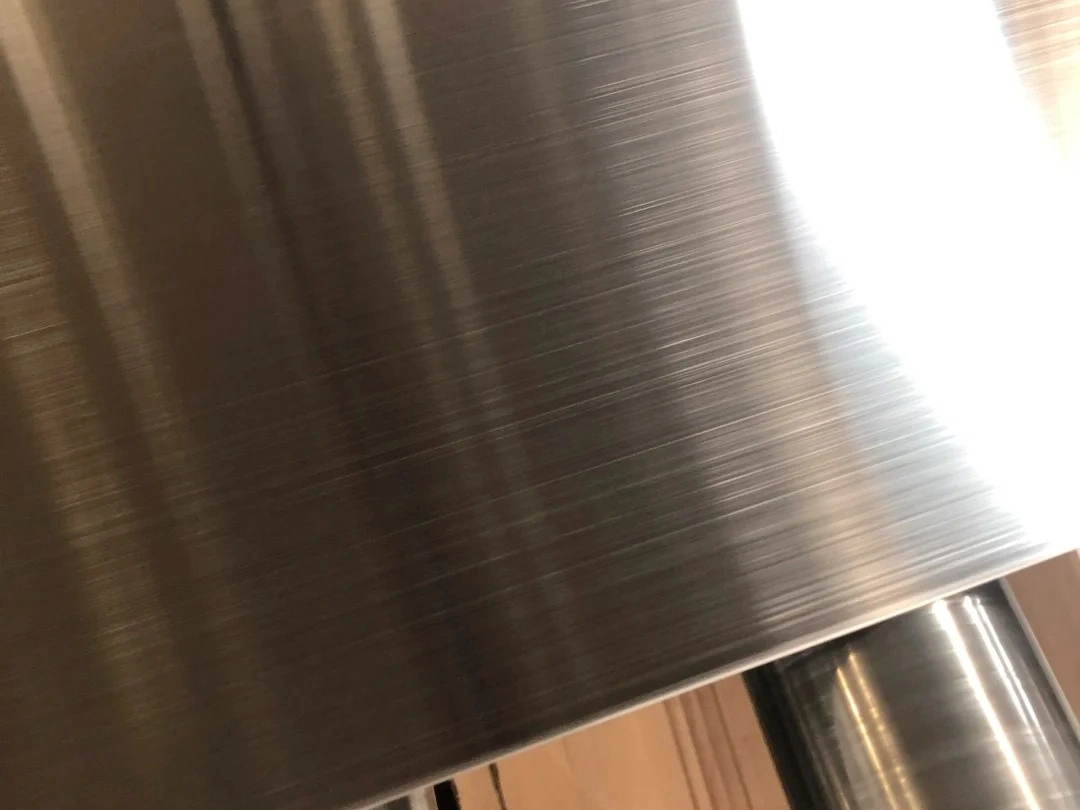
Learn More
Brushing
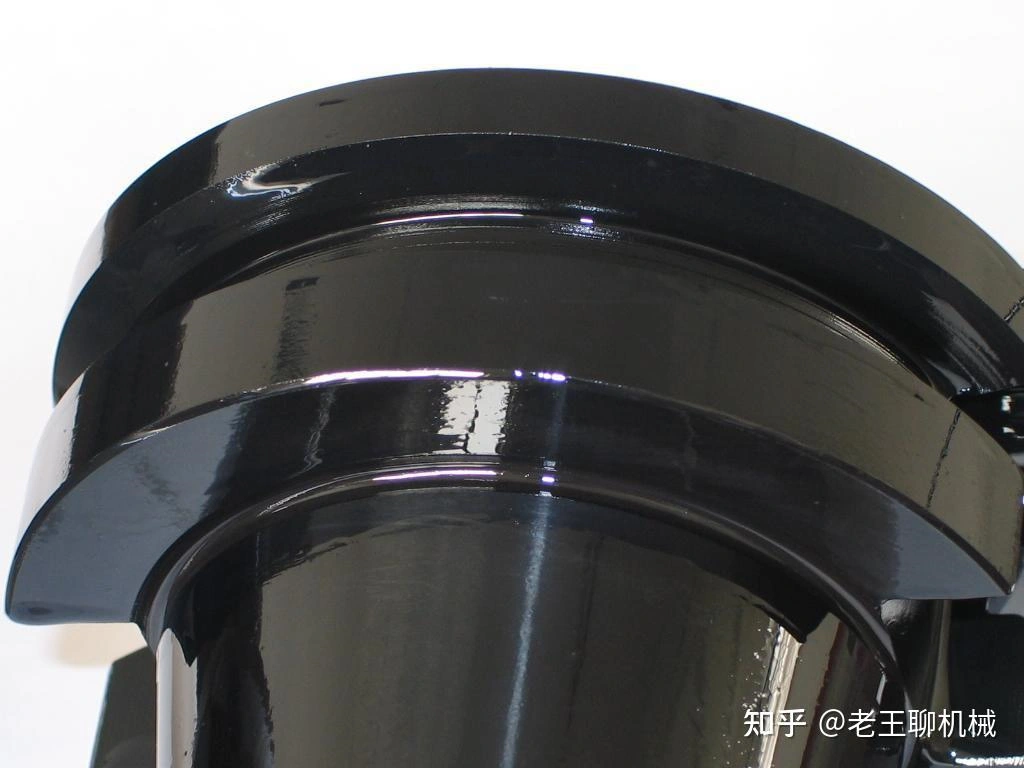
Learn More
Black Oxide
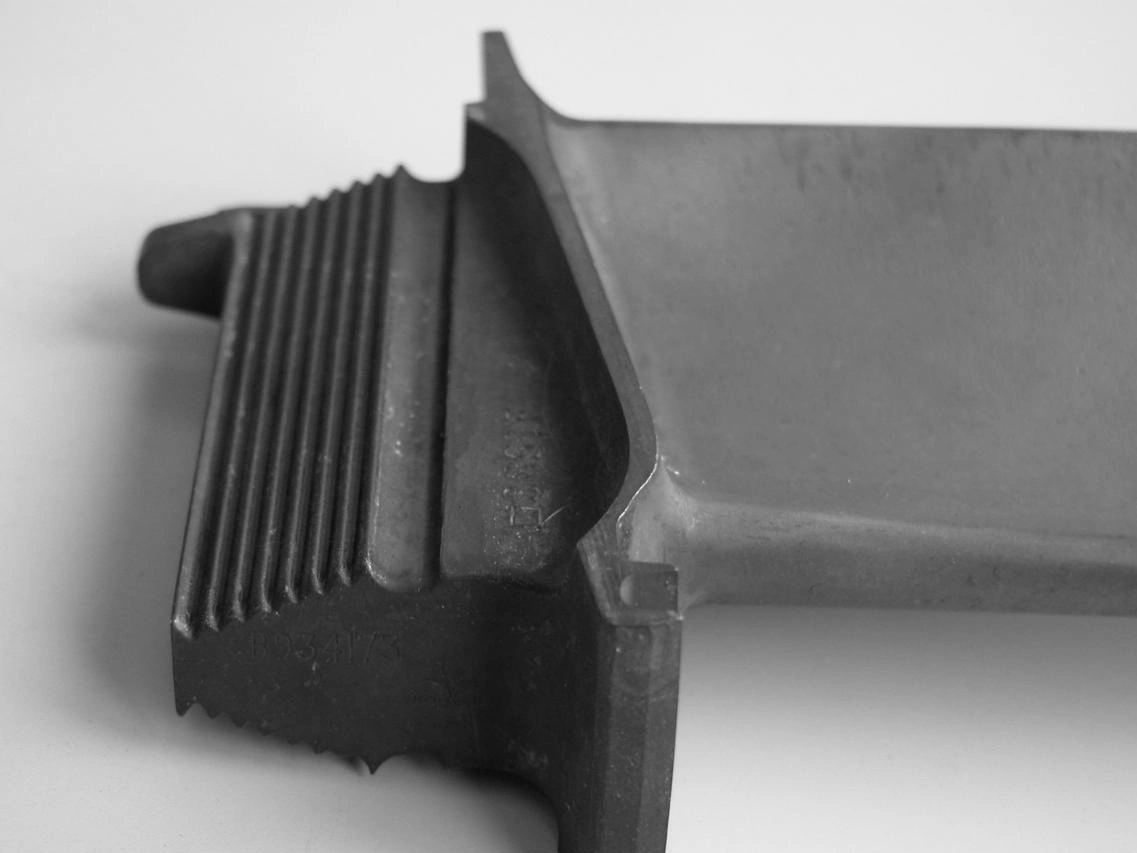
Learn More
Heat Treatment
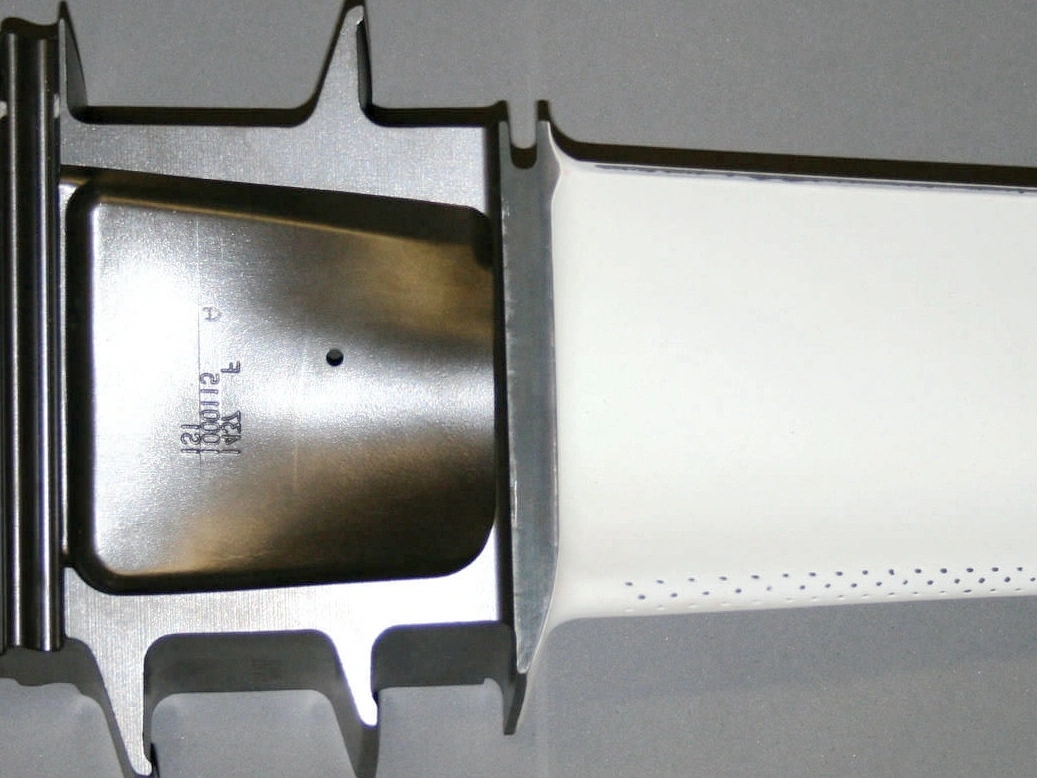
Learn More
Thermal Barrier Coating (TBC)
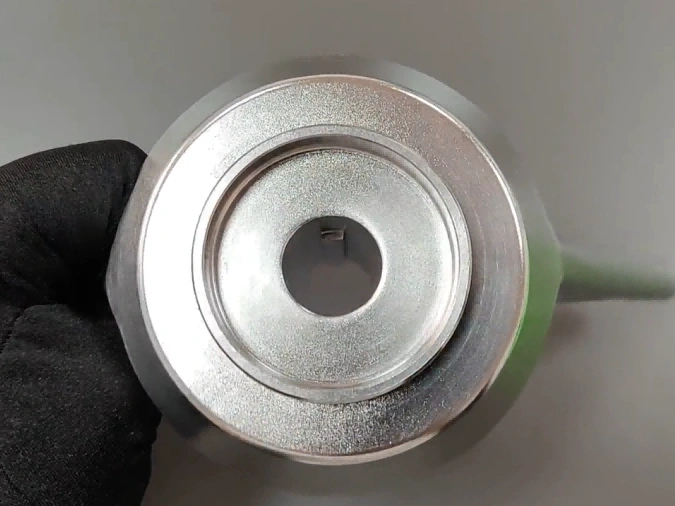
Learn More
Tumbling
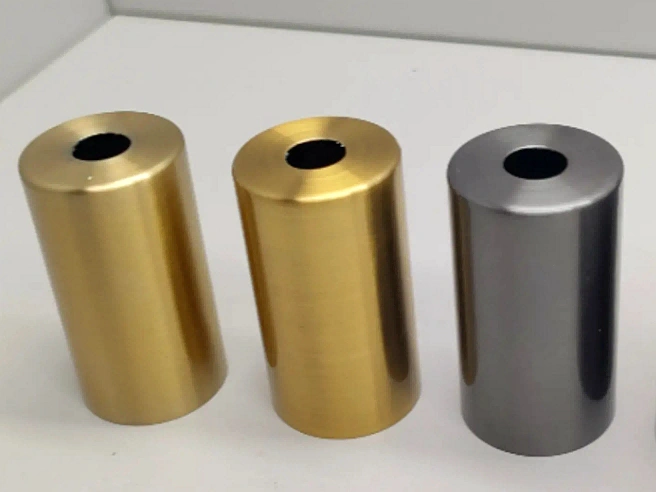
Learn More
Alodine
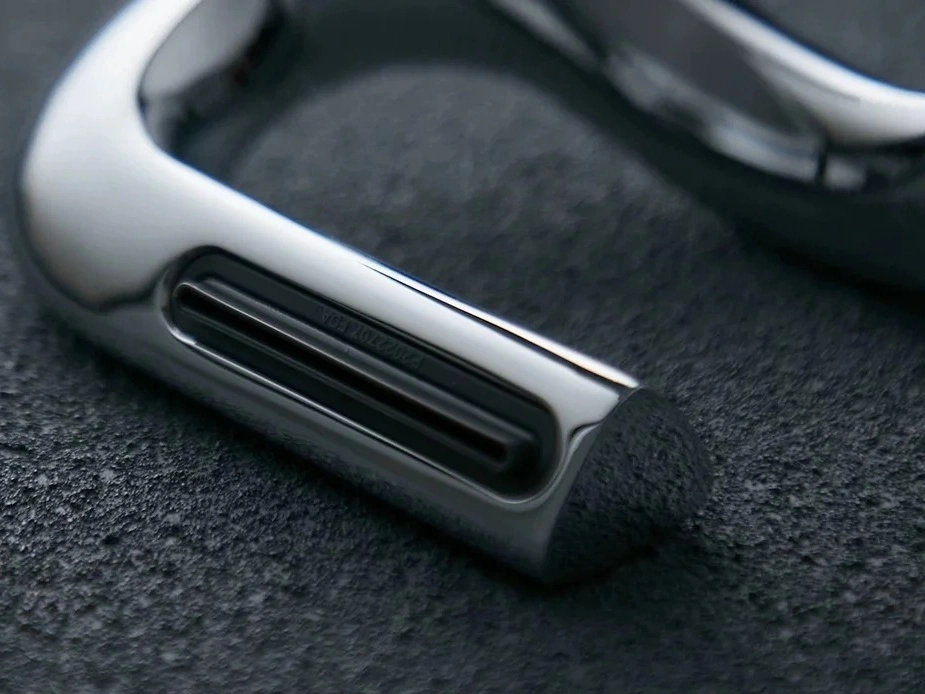
Learn More
Chrome Plating
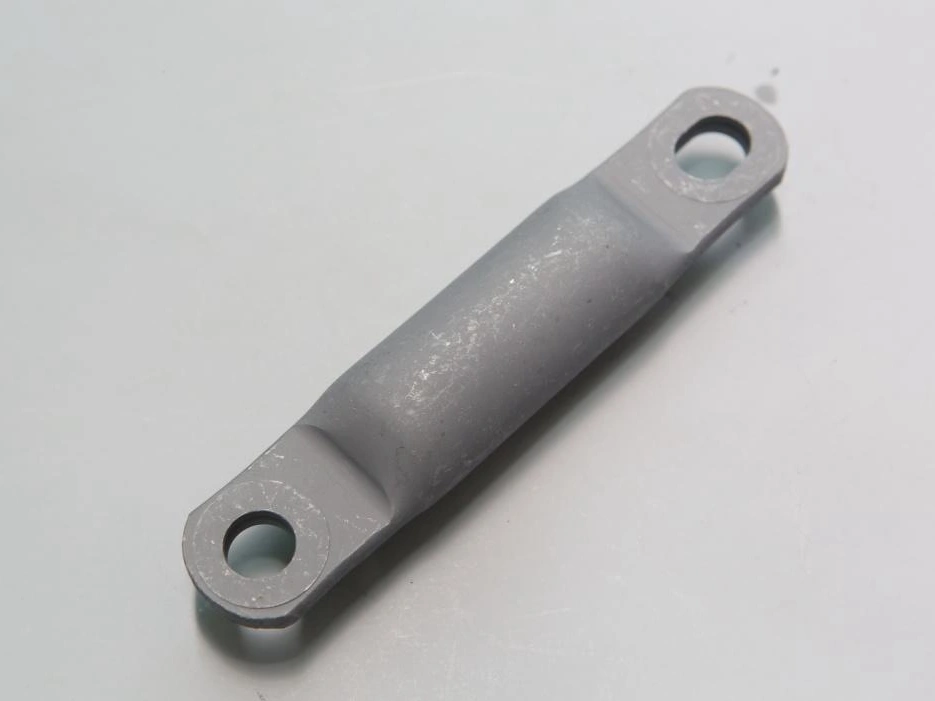
Learn More
Phosphating
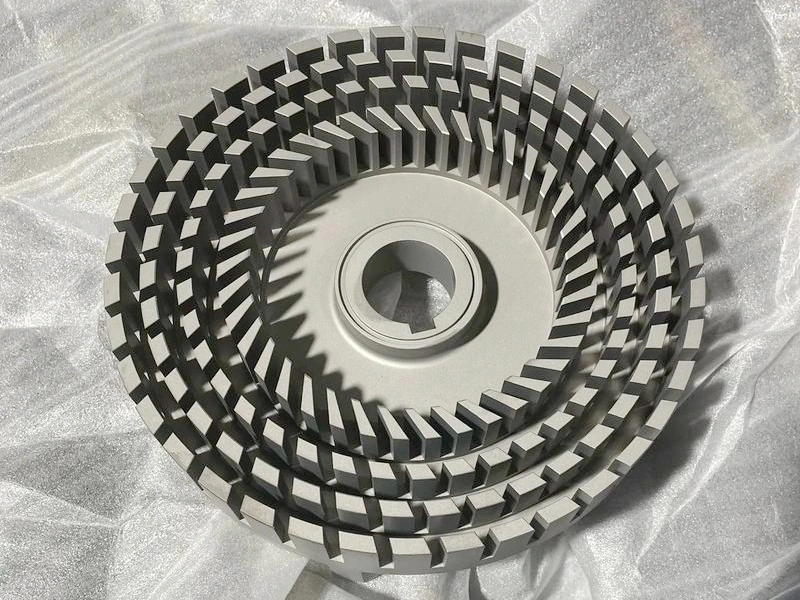
Learn More
Nitriding
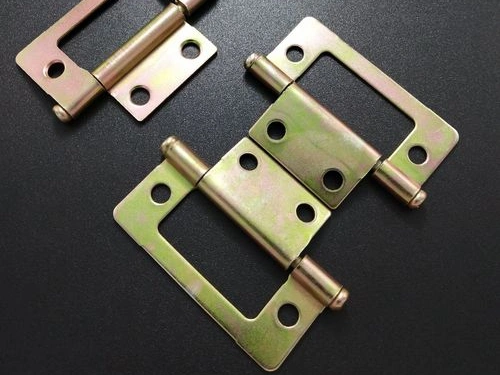
Learn More
Galvanizing
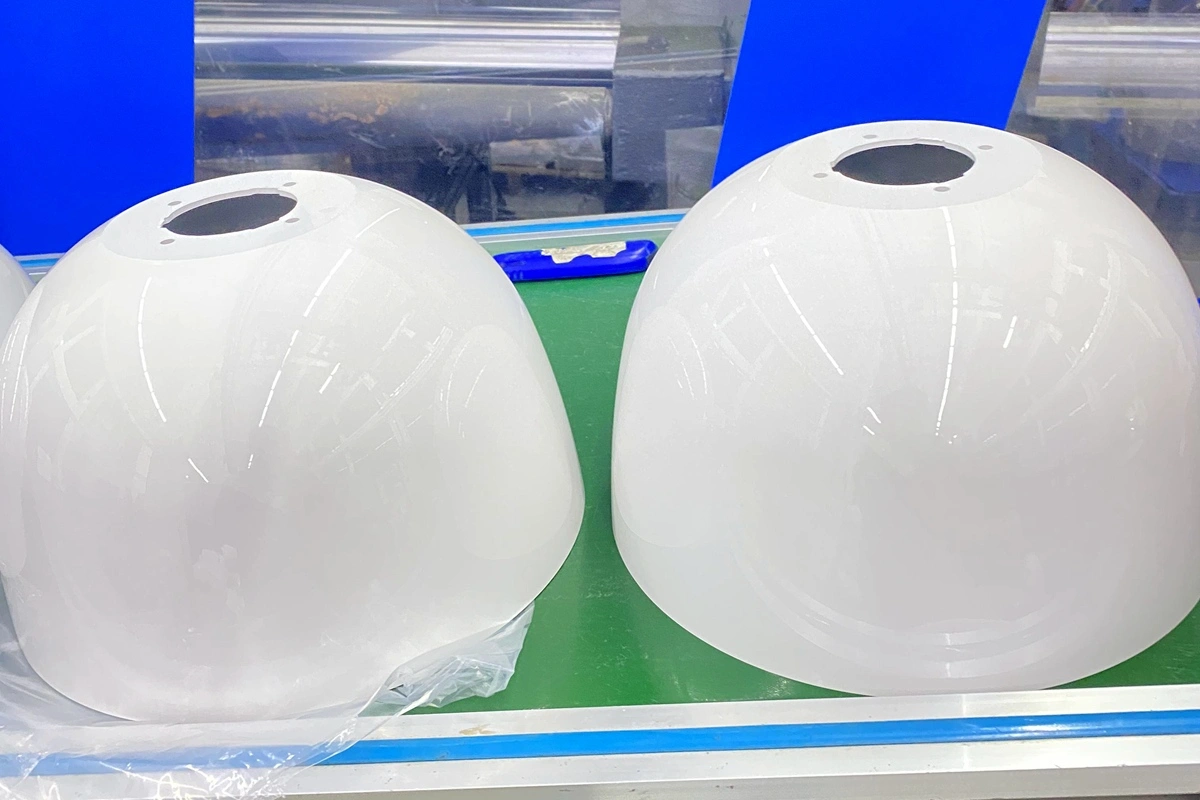
Learn More
UV Coating
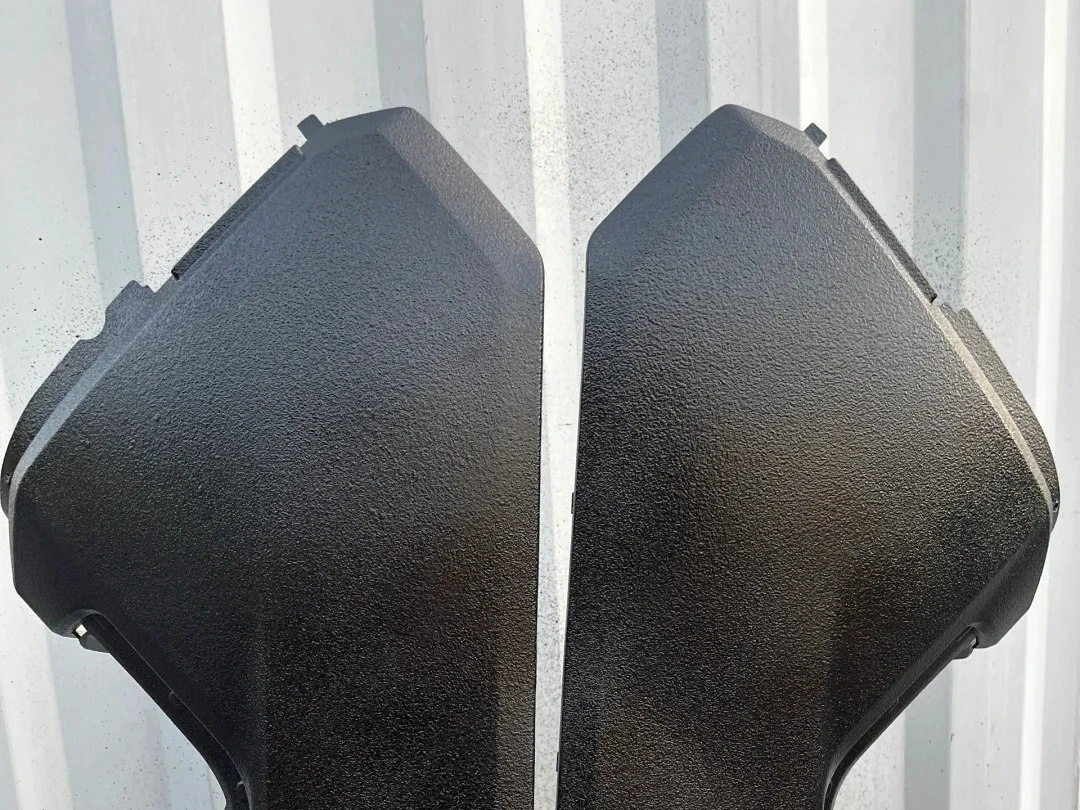
Learn More
Lacquer Coating
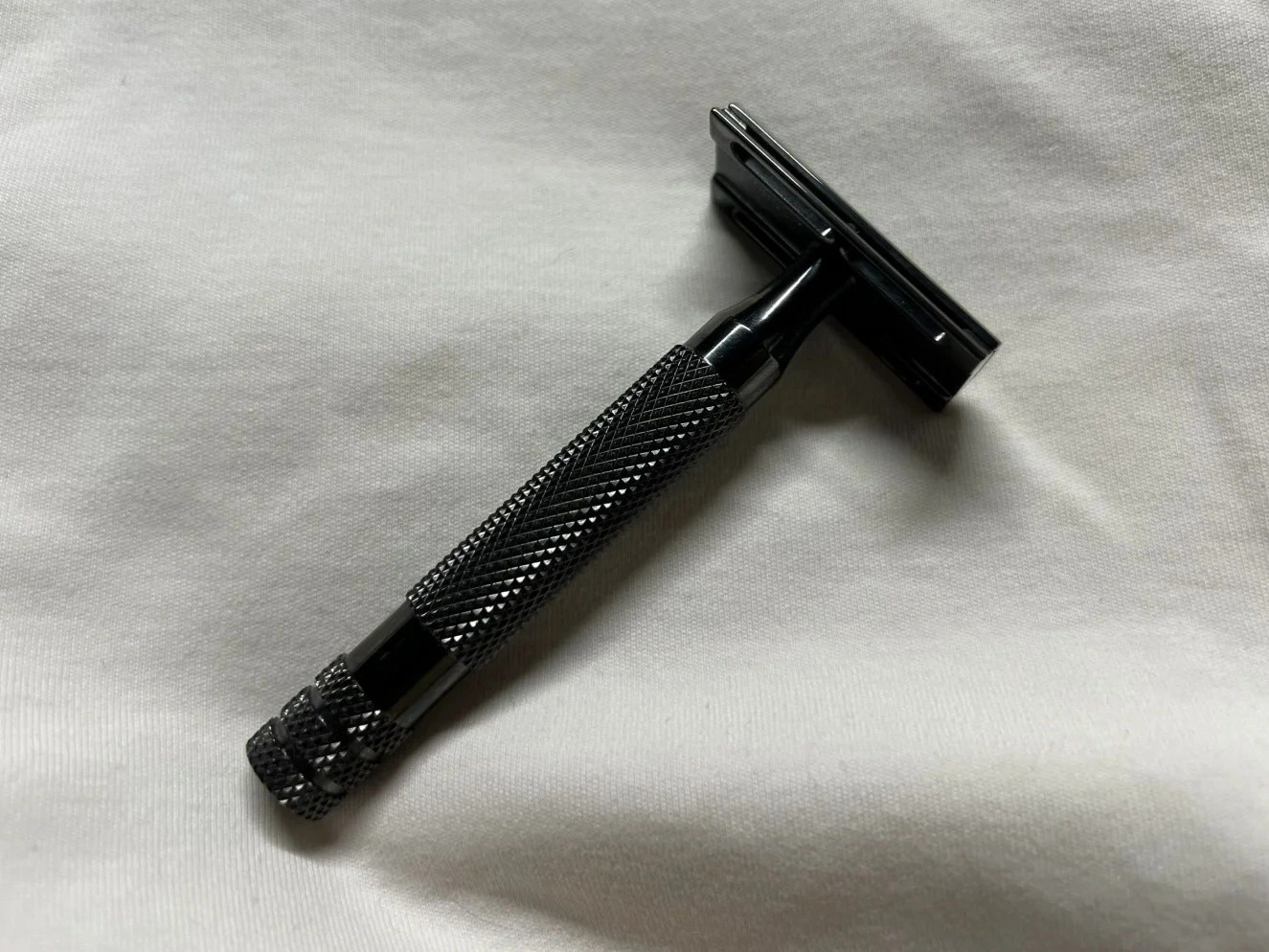
Learn More
Teflon Coating
CNC Machining Mass Production Case Study
In a recent CNC machining mass production case study, we optimized production efficiency for a client in aerospace. By leveraging multi-axis machining and precision turning, we reduced lead times by 30%, ensured consistent quality, and improved part accuracy for high-volume manufacturing.
Let's Start A New Project Today
Considerations for One-Stop CNC Machining Services
Offering one-stop CNC machining services requires a comprehensive strategy that integrates multiple processes, ensures scalability, and maintains consistent quality. Factors such as process integration, scheduling, material compatibility, and customer communication must be optimized for seamless full-cycle production.
Frequently Asked Questions
Explore Related Resources
Solutions
Copyright © 2026 Machining Precision Works Ltd.All Rights Reserved.
